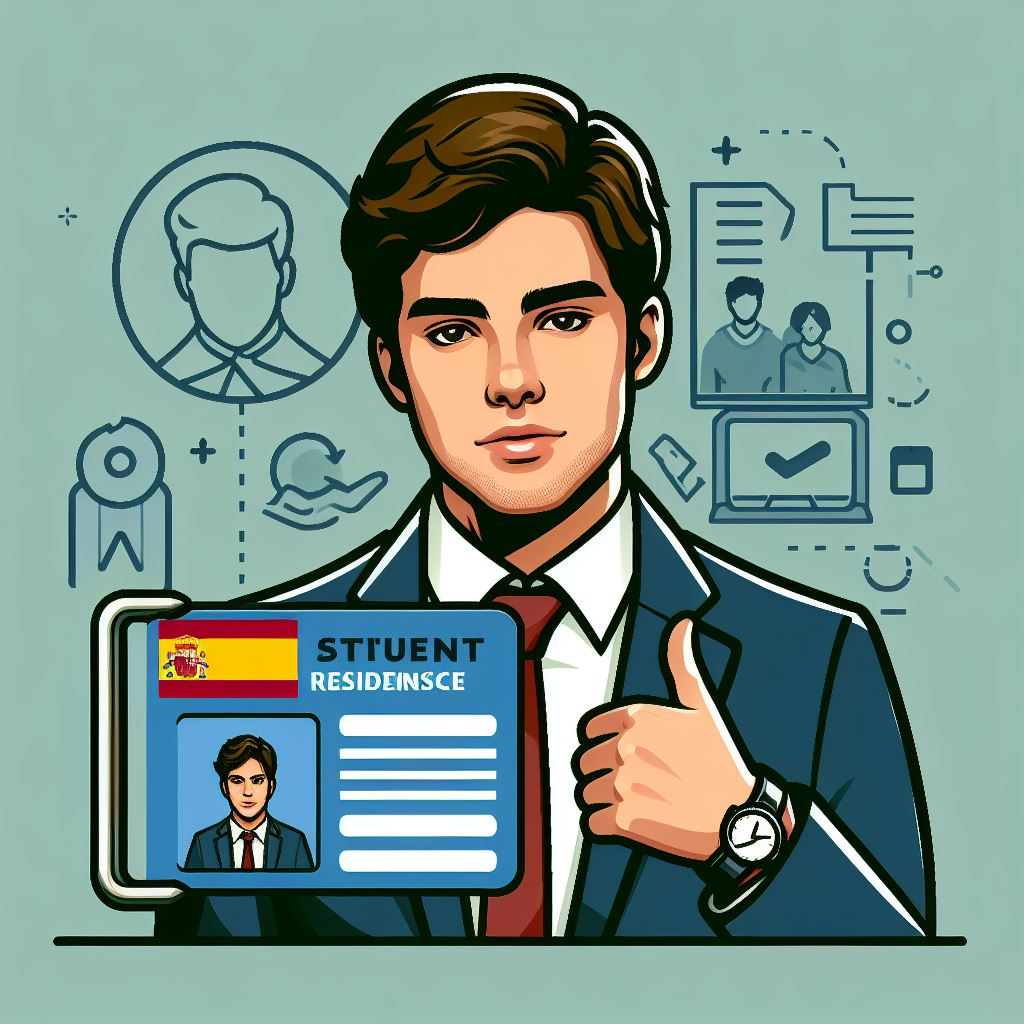Welcome to Spain!
Embarking on your master’s or higher education journey in this vibrant and culturally rich country is an exciting opportunity. This guide will help you navigate the essential steps, from pre-departure preparations to settling into your new academic life in Spain.
Pre-Departure Preparations
1. Acceptance and Enrollment
- Admission Letter: Secure your admission letter from the Spanish university where you will be studying.
- Tuition Fees: Confirm the tuition fees and payment deadlines.
2. Student Visa
- Visa Application: Apply for a Spanish student visa (Type D) at the Spanish consulate or embassy in your home country. Ensure you have the following documents:
- Completed visa application form
- Valid passport (with at least two blank pages)
- Passport-sized photographs
- Admission letter from the Spanish university
- Proof of financial means (bank statements, scholarships, etc.)
- Health insurance coverage
- Accommodation details in Spain
- Police clearance certificate
Important Note: You must apply for a Type D visa, as other visas do not permit you to obtain a residence card in Spain. The Type D visa allows you to stay in Spain for six months. After this period, you must return to your home country unless you have obtained your Student Residence Card (NIE/TIE).
After Arriving in Spain – Essential Steps
1. Obtaining the NIE/TIE
What is a NIE/TIE?
- NIE (Número de Identificación de Extranjero): A unique identification number for foreigners.
- TIE (Tarjeta de Identidad de Extranjero): The physical card that includes your NIE and serves as your residence permit.
Deadline for TIE Application
You must apply within one month from entry into Spain or from the time the authorization is granted or becomes valid. The same rule is applied for stolen, lost or destroyed cards – apply for TIE card within one month after the incident.
Steps to Obtain the Student Residence Card (NIE/TIE):
- Visit the Police Station (Immigration Department or Extranjería): After arriving in Spain, you must visit the local police station or immigration office to apply for your residence card.
The application for a Foreigner’s Identity Card shall be submitted in person by the foreigner at the Police Station in Office for Foreigners or, failing that, at one of the Documentation Units under the National Police in the province where you are domiciled, by requesting an appointment through the following link:
https://icp.administracionelectronica.gob.es/icpplus/index.html
- Required Documents:
- Valid passport with your visa
- Admission letter from your university
- Proof of address in Spain through certificate of residential registration (certificado de empadronamiento) or any other.
This registration certificate should be less than three months old (Original and copy). - Completed Application form-model (EX-17) | duly completed and signed.
- Payment of the corresponding fee
- A recent color photograph, white background, passport size.
2. Validity and Renewal of the Residence Card
- Validity: The residence card is valid for one year from the date of issue.
- Renewal: To renew your card, you should apply within 60 days before its expiration. Ensure you pay the required fees and submit the receipt along with your renewal application.
How to Pay the Fees:
- Visit the official webpage for the fee payment form: Impreso Tasa 790 – Codigo 012
- Fill in the required fields and generate the PDF document.
- Print the document and pay the fee at any bank.
- Submit the fee receipt with your application.
Expired Card: If your residence card expires and you need to leave Spain, you can apply for a re-entry permit, which allows you to depart and return within three months. This can be done at the police station.
Academic Life

1. Understanding the Academic System
- Class Structure: Familiarize yourself with the Spanish academic system, which may differ from your home country. Classes often include lectures, seminars, and practical work.
- Grading System: Understand the grading system and academic requirements for your program.
2. Language Skills
- Spanish Language: While many master’s programs are offered in English, learning Spanish can enhance your experience. Consider taking language courses offered by your university or external institutions.
3. Student Support Services
- University Resources: Utilize student support services, including academic advising, career services, and mental health resources.
You can further explore a complete guide about studying abroad in this blog: A to Z guide for studying abroad
Cultural Adjustment
1. Cultural Adaptation
- Embrace the Culture: Immerse yourself in Spanish culture, traditions, and cuisine. Engage with locals and participate in cultural events.
- Expat Communities: Connect with other international students and expat communities for support and socializing.
2. Practical Tips
- Cost of Living: Be aware of the cost of living in Spain. Budget for expenses such as rent, food, transportation, and leisure activities.
- Transportation: Utilize public transportation options like buses, metros, and trains. Consider getting a transportation card for discounts. Check with your university for any discounts.
3. Legal and Safety Considerations
- Stay Informed: Keep informed about local laws and regulations. Ensure you have all necessary permits and adhere to visa conditions.
- Emergency Contacts: Familiarize yourself with emergency contact numbers, such as 112 for general emergencies.
4.Join Clubs and Activities
Participate in student clubs, sports, and cultural events. It’s an excellent way to meet locals and other international students.
5.Tapas Culture
Embrace the Spanish tradition of tapas – small, flavorful dishes served with drinks. It’s a social activity that allows you to bond with others.
6.Travel Within the Country
Spain offers diverse landscapes – from beaches to mountains. Explore cities like Barcelona, Madrid, Seville, and Granada. Don’t miss the Alhambra in Granada – a stunning Moorish palace.
7.Festivals and Celebrations
Participate in local festivals and celebrations. La Tomatina, Semana Santa, and Las Fallas are some unique Spanish experiences.
Learn more in this blog: Things to cherish in student life
Working in Spain
1. Work Permit for Students
If you need to perform an internship as part of your course curriculum and there is a collaboration agreement between your university and a company, you do not need a work permit. However, if you wish to study and work simultaneously, you need to obtain a work permit. Keep in mind:
- You must sign a contract.
- Full-time contracts cannot extend beyond three months. Although working full hours in holidays and festivals is allowed.
- The work permit duration will match the contract duration and cannot exceed the authorized study period.
2. Transition to Full Residence and Work Permit
Students or researchers with a residence card for three years, who have not received scholarships from public or private organizations, may apply to convert their residence permit into a full work and residence permit. Applications should be submitted within three months before the visa expires.
Conclusion
Studying in Spain as an international student from a non-EU region is a rewarding experience filled with academic and cultural growth.
We strongly hope that by following this guide, you would be able to navigate the essential steps to ensure a smooth transition and a successful stay in Spain.
Enjoy your educational journey and make the most of your time in this beautiful country!




Leave a Reply